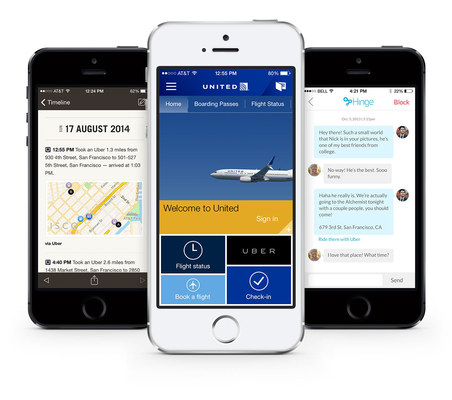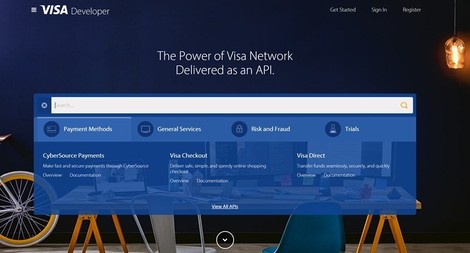According to a Europe-wide response report on banks’ attitudes towards the imminent Directive on Payment Services (PSD2) mandate, 68 percent of bankers fear it will cause them to lose control of the client interface.
Many of them are unsure how to respond to the new directive, and are adopting a defensive approach to the stirrings of open banking.
The Uberification of banking
PSD2 requires Europe’s banks to offer third-party providers greater access to customer data and payment infrastructure, and gives banks until 2018 to lower the barriers for entry to third-party providers and industrious fintech companies.
According PwC expert Jörg Sandrock, this new directive can either be a starting point for exciting new business models and a catalyst for reviving Europe’s banking sector, or a threat for a millennia-old institution for failing to keep up.
Essentially, application programming interfaces (API) are sets of requirements that dictates how one application can talk to another.
By sharing APIs, businesses have taken advantage of collaborations and partnerships that have also spawned entirely new apps.

For example, in 2014, Uber opened up its API, which catapulted the small San Francisco start-up to the global arena.
It uses the Google Maps API to locate customers and track drivers, Google’s Cloud Messaging API for instant messaging, and PayPal’s Braintree API for payment.
In addition to using third-party APIs, Uber also has developed its own API and provided it to other companies to extend the reach of its services.
Online restaurant booking platform OpenTable, for example, uses Uber’s API to allow customers to arrange travel to and from venues when they make a reservation.
Tech giants like Amazon, eBay, Facebook, Salesforce, and Twitter also have successfully used APIs to bolster their capabilities and build their businesses.
Is open banking a utopian ideal?
By sharing API, banking could be as integrated as transport, entertainment and food industries, offering consumers completely streamlined and competitive financial services.
Third party business services like payroll technology, expense reporting, foreign exchange services, and countless others, could integrate with bank accounts, allowing SMEs to manage their finances, from income to expenses, within a central banking system.
Banks could include these third party capabilities to their core business offerings, opening up opportunities to experiment in new areas, while lowering cost of innovation.
At the same time, banks could reach new markets by providing their APIs to third parties like fintech firms that have an eight-year head start in certain sectors.
The insight the sector could get from consumer behaviour and preference data could spawn a lot of off-shoot products and services. The possibilities for collaboration and innovation may be endless.

According to fintech firm Trusek’s co-director Steven Hatton, proactive banks may stand to gain the most with this new directive.
“Those banks that act first will gain an advantage because they already have a trusted relationship with their customers,” Hatton explains.
“By creating their own financial oversight and management tools the banks, along with their customers, will be able to see their finances in one place. This will then enable banks to offer more suitable products to their customers too.”
Referring to a 2018 deadline, when PSD2’s mandate takes effect, he also said that banks need to act fast “before the free-for-all feeding frenzy begins”.
“Banks need to understand that including third party services is not a bad thing, and they must convince their customers that they are acting in their best interests,” he adds.
Open API and financial services
While businesses like Twitter, Google and Facebook have made the most of shared APIs, payments giant Visa declared war against Paypal in February this year, by launching a far-reaching developer platform, Visa Developer, that allows developers and other companies to access the company’s payments tools.
Visa Developer is made up of more than 150 APIs dealing with areas like fraud prevention, mobile checkouts and person-to-person payments. These tools are open to any third-party company or developer who wants to link any element of Visa’s infrastructure into its services.

“From Apple, Alphabet, and Amazon to Facebook and Microsoft… the benefits of network effects mean that scale and standardised instant access to distribution wins,” Visa’s SVP of Global New Product Mark Jamison wrote in a blog post.
It’s this spirit of experimentation and collaboration that will prevail in a post-PSD2 world. How British banks will react remains to be seen.






